MCCU organizes a symposium commemorating the October Victory in presence of Major General Samir Farag
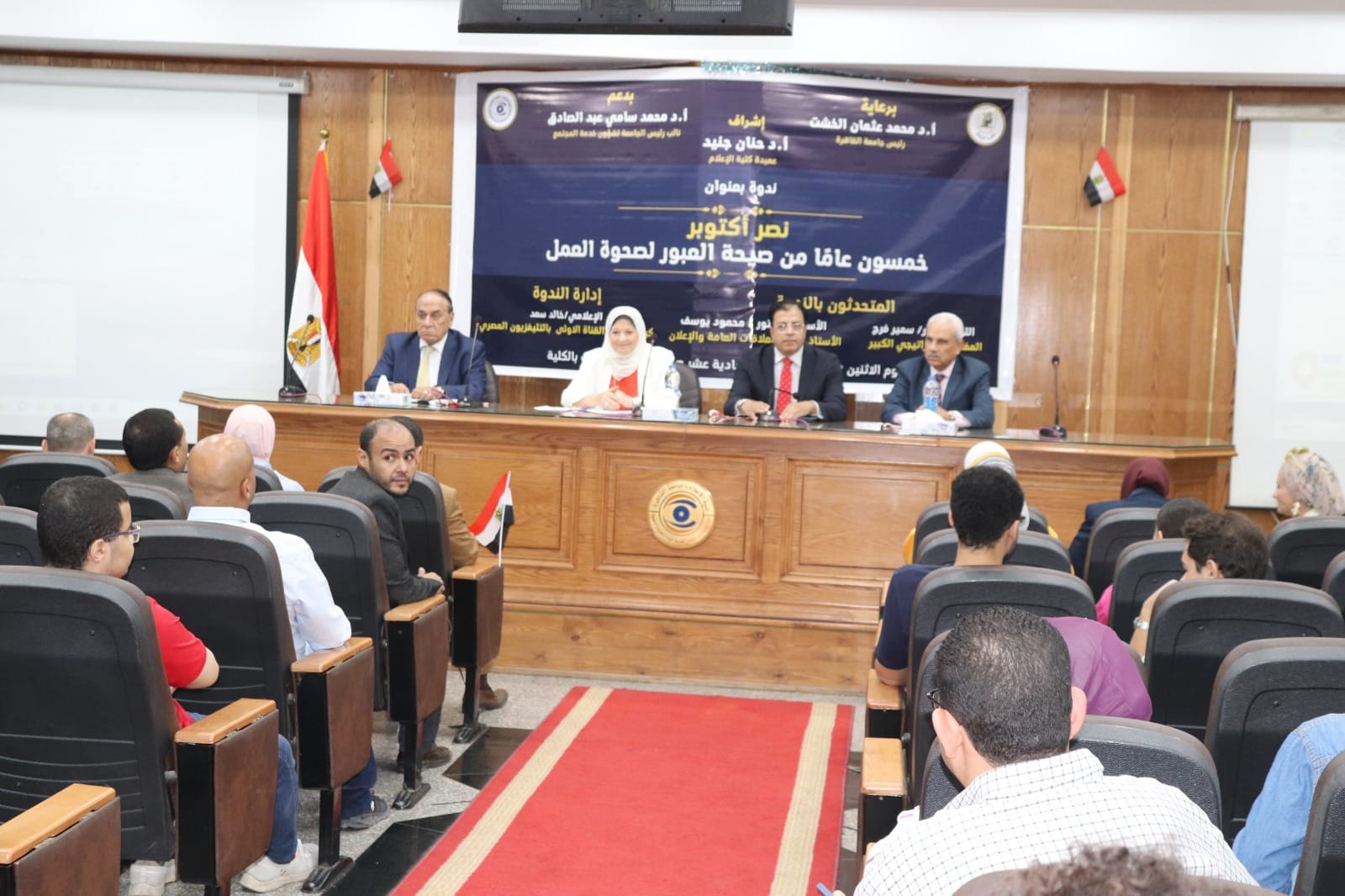 close
close
![]()


The Faculty of Mass Communication, Cairo University, hosted the strategic thinker, Major General Samir Farag, in a symposium celebrating the anniversary of the October victory under the title “Fifty Years of the October Cry for the Awakening of Work,” under the patronage of Prof. Dr. Mohamed Othman Elkhosht, President of Cairo University, and with the support of Prof. Dr. Mohamed. Sami Abdel Sadiq, Vice President of the University for Community Service Affairs, and under the supervision of Prof. Dr. Hanan Gunaid, Dean of the Faculty of Mass Communication, Cairo University, in the presence of deputies, professors and students of the Faculty.
At the beginning of her speech, Prof. Dr. Hanan Gunaid welcomed the guest of the podium, Major General the strategic thinker, Samir Farag, explaining that the October victory is a momentous event in the history of Egypt, which the countries of the world praised for how it obtained the land of Sinai, noting that the anniversary of the October 1973 victory refers to The necessity of adhering to the homeland and its soil, and that Egypt does not give up its land and defend every spot on its soil, indicating that Egypt, throughout the period of its modern history, pauses before the moment of restoring the October victory, with what it represents of restoring Egyptian soil and Egypt’s sovereignty in the face of the arrogance of the enemy occupying its land. Junaid announced the organization of a content production competition about the October Victory among faculty students, and offering financial prizes to the first-place winners.
In his speech, Major General Samir Farag, the strategic expert, reviewed the historical stages of the October War since the beginning of the setback in June 1967, and the crisis of Israel’s occupation of the Sinai region, reviewing the history of the idea of building the Bar Lev Line on the confrontation line with the enemy in the Suez Canal, which reached a length of 180 kilometers and consisted of 35 points. Fortified, pointing out that all of these points contain incendiary napalm bombs that impede the movement of Egyptian soldiers, according to Israeli military belief, from crossing the eastern bank of the Suez Canal, noting that Egypt and its soldiers considered the battle to regain the land to be the fate and future of the nation’s life, because the land is an offer, explaining that the Bar Lev Line It was terrifying for everyone, especially the idea of how to cross it was the main concern, until the officer, Engineer Baqi Zaki, came up with the idea of opening the gaps in the berm for troops and equipment to pass through.
The strategic expert talked about Mansoura air battle in the October War, from which Major General Samir Faraj revealed that it was taught in many major military academies.
.
The brigade participating in the Sixth of October War recalled the achievements of the Egyptian military during the War of Attrition, where the Egyptian army, based on the directives of President Gamal Abdel Nasser, targeted the driller, behind which Israel wanted to explore for oil in the Gulf of Suez, and produced a series about it. Israel was going to get it from Norway, but Egypt succeeded in detonating it off the coast of the city of Abidjan in the Republic of Ivory Coast.
The strategic and military expert, Major General Dr. Samir Faraj, addressed the Battle of Ras Al-Ash, which represented a turning point on the way to victory on October 6, 1973, stressing that “without the War of Attrition, we would not have succeeded in the October War.”
He pointed out that when crossing the Bar Lev line, the earthen berm was 20 meters high and there was great difficulty in crossing the tanks, so engineer Zaki proposed the idea of the remaining pumps, explaining that the other challenge was the earthen berm being filled with napalm tubes, and among the sacrifices was that one of the soldiers was martyred while blocking one of the napalm tubes with his chest.
Major General Samir Farag stressed that Lieutenant General Saad El-Din El-Shazly is a great military leader among the leaders of the October Victory. He was the one who planned to cross the Suez Canal, and he taught the officers and soldiers the crossing plan through the twelve waves of passing soldiers and established Directive 41, saying, “If it were not for him, we would not have crossed. He is the owner of Ideas of rope ladders, how pedestrians cross the berm, and soldiers’ jackets.”
.
The strategic thinker said that General Al-Dhahabi, Lieutenant General Abdel Moneim Riad, is considered, along with the examples of the leaders of the October War, a unique sign of the Egyptian military. They said, “I witnessed for myself that he was periodically inspecting the front lines of the front, and it has never happened in history that a chief of staff on the first line of confrontation was martyred except General Al-Dhahabi, and the largest popular funeral was organized for him.”
The strategic thinker addressed the crisis of displacement of the cities of the Suez Canal, explaining that it is one of the events that bear witness to the greatness of the Egyptian people. The Egyptians responded to the request to displace them in order to protect them until the crisis of the occupation of the land was resolved, appreciating the response of the Egyptian people and their lack of protest, and their confidence in the political leadership under the circumstances of war. The Military Major General explained that the occupation army was confident that its forces would win the war at any time. Because of the large number of forces and modern armament, he stressed that they were surprised by the shock that happened to them in glorious October 1973.
The strategic thinker concluded his speech by advising the students: “Today we are exposed to fourth and fifth generation wars in Egypt and the target is young people to overthrow the Egyptian state, through rumors and social media. He called on the students not to consider the rumors that target the state and to support Egypt against the fierce campaign until the state’s advancement is completed.
.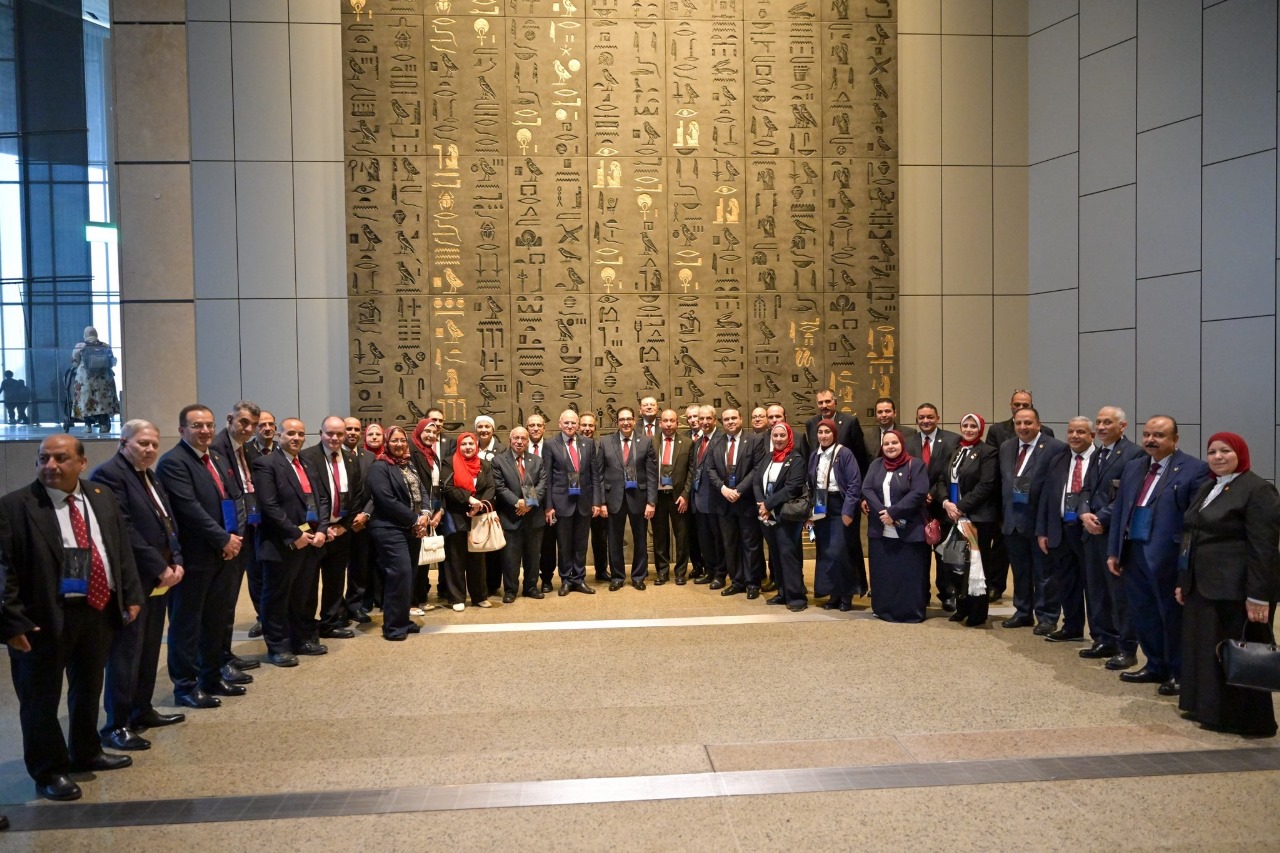
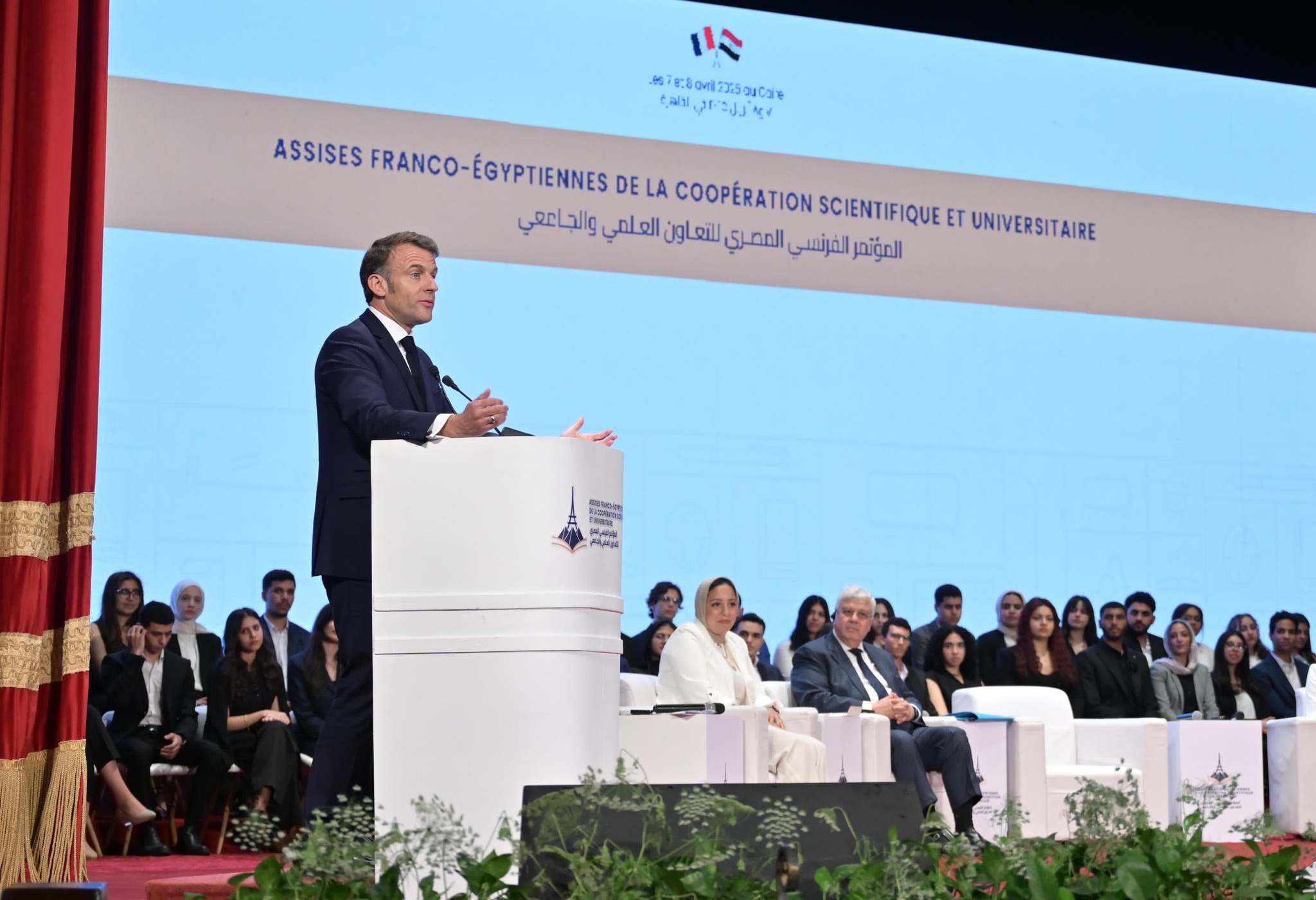
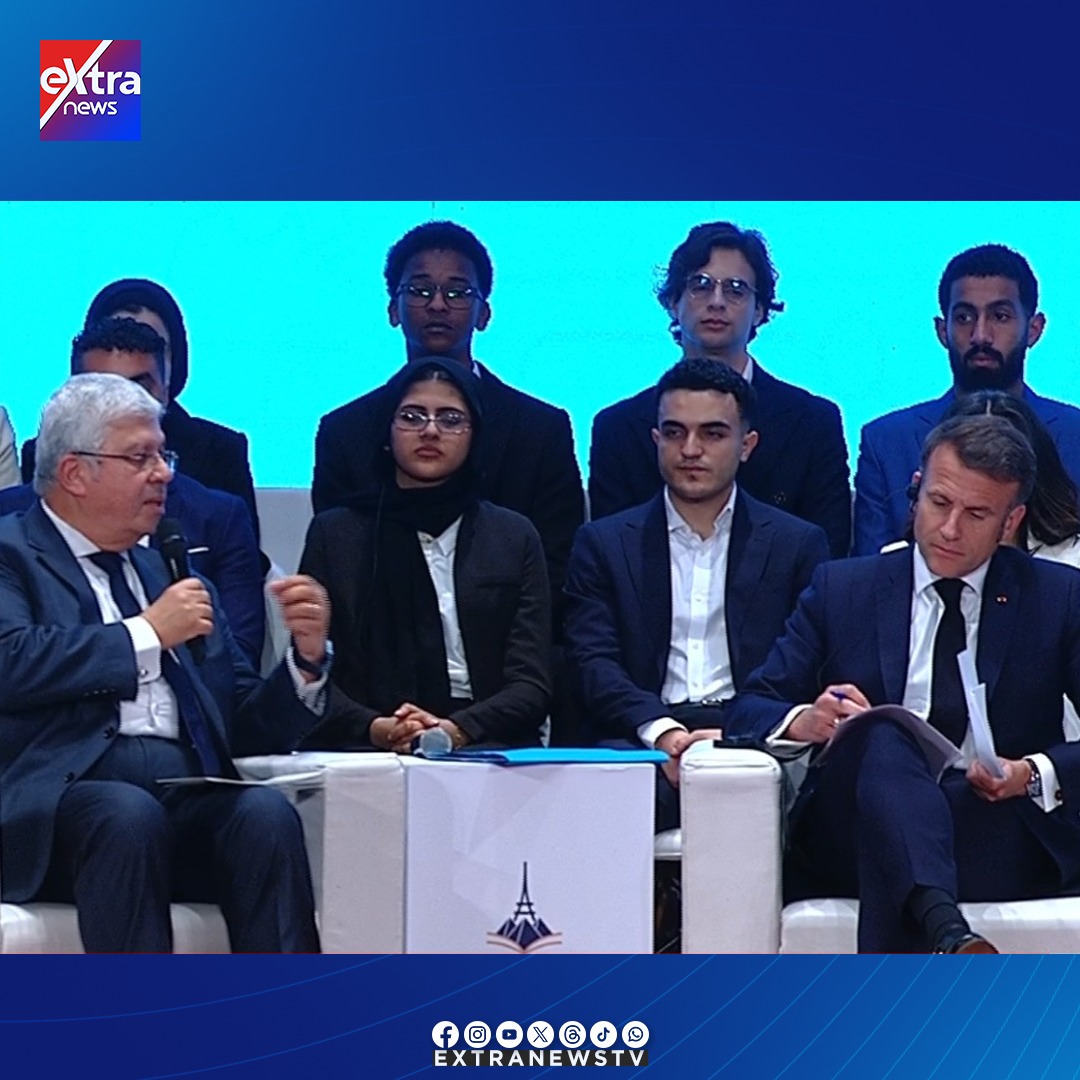

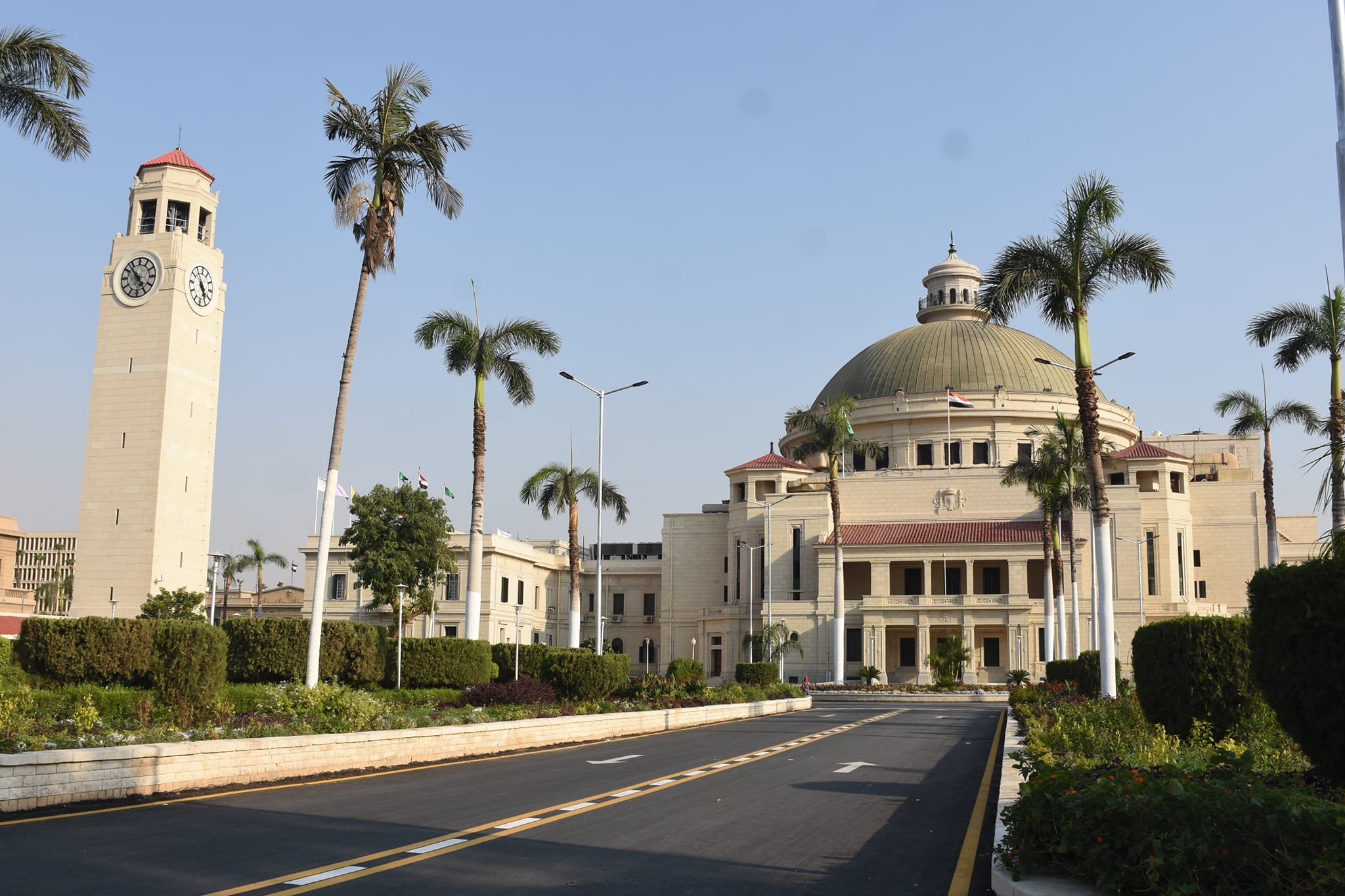


20-12-2025 literature & arts

20-12-2025 literature & arts
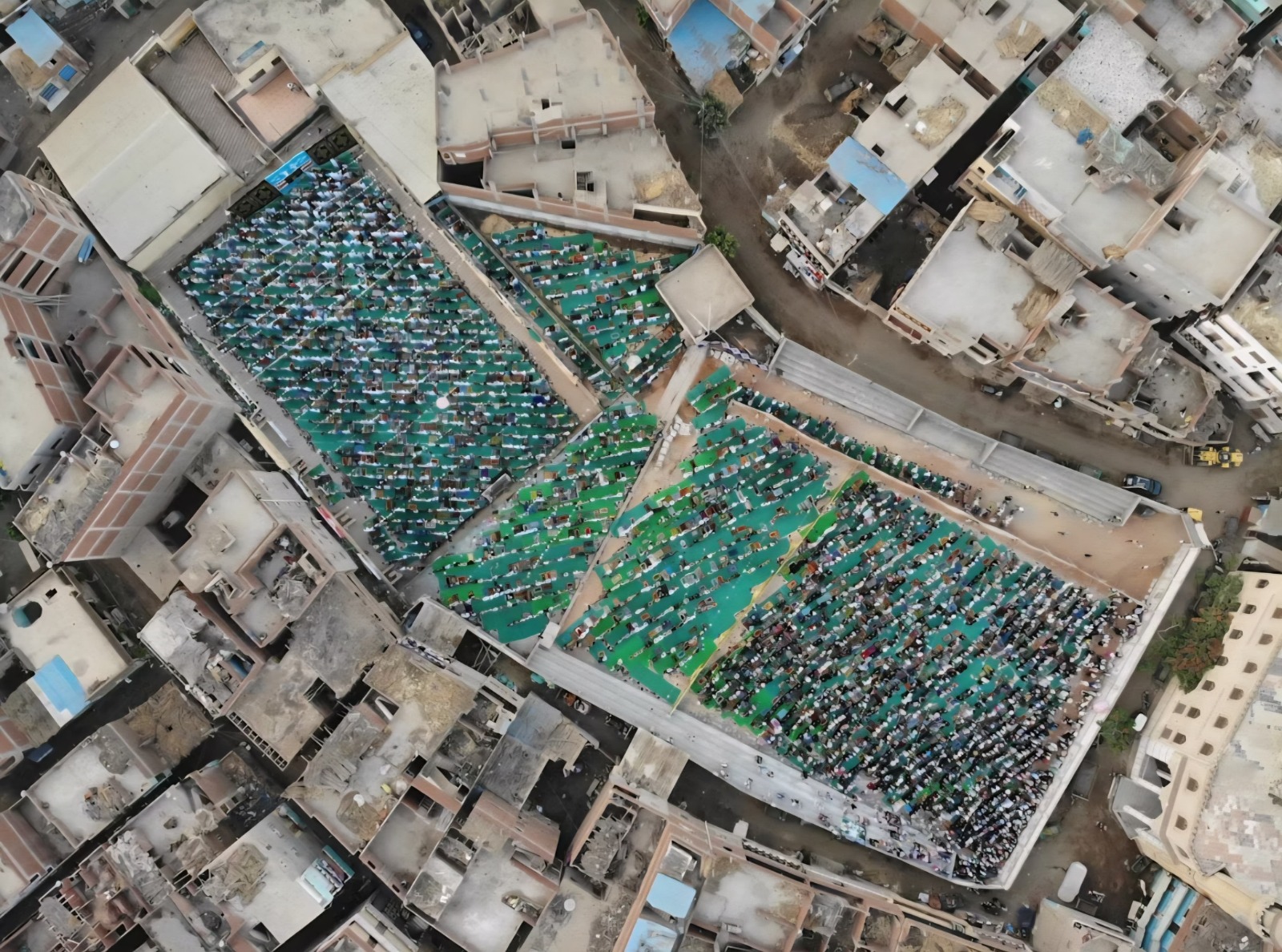

20-12-2025 health

20-12-2025 Women& men

23-06-2023 Sports 4065
...
tips from the head of dmc channels group- mr.hesham soliman02-08-2023
video 3339...
Exclusive Interview with the Prominent Host (Eman Ezz Eldin) for EMccu today27-10-2022
video 1132...
Culture of Photos Event Guests` Interviews (Pt.2)01-04-2023
video 1080...
Culture of Photos Event Guests` Interviews (Pt. 1)01-04-2023
video 961...

27-10-2022
video 3749